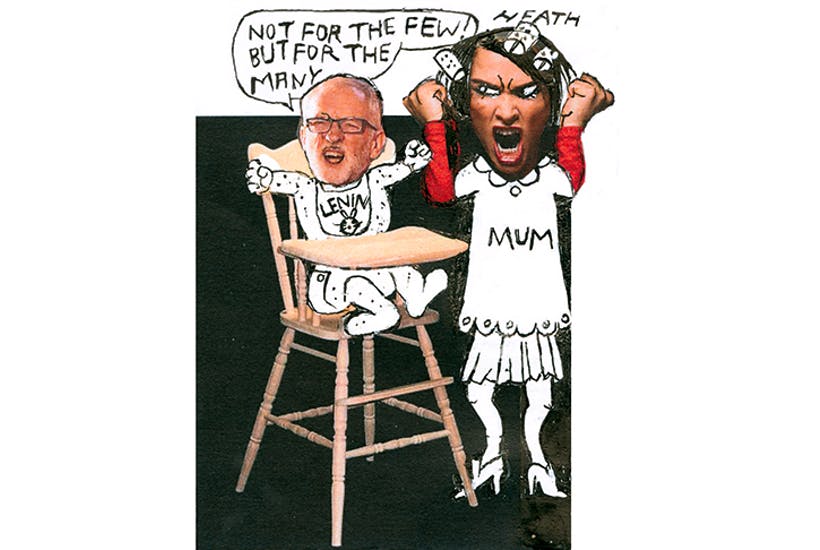My six-year-old son announced, from the back of the car, that he was backing Boris Johnson. My wife, who’s voting Lib Dem, was horrified, accusing me of indoctrinating the boy; I resisted the temptation to film a video and post it on Twitter, to be retweeted by Tories and hate-tweeted by others accusing me of brain-washing, even child abuse. But when we questioned our son it soon emerged that he had heard — whether from a news report, or from his parents talking — that Boris Johnson was in favour of cake and in favour of eating it, and this was very much a policy he could get behind.
It’s easy to assume that any political opinion expressed by a child must be the result of indoctrination, but it’s not true. While all political scientists know the best way to predict someone’s voting preference is to look at his or her parents’ voting preferences — or, if there is disagreement, at the mother’s voting preference — the mechanism behind it is unclear.

Get Britain's best politics newsletters
Register to get The Spectator's insight and opinion straight to your inbox. You can then read two free articles each week.
Already a subscriber? Log in






Comments
Join the debate for just £1 a month
Be part of the conversation with other Spectator readers by getting your first three months for £3.
UNLOCK ACCESS Just £1 a monthAlready a subscriber? Log in